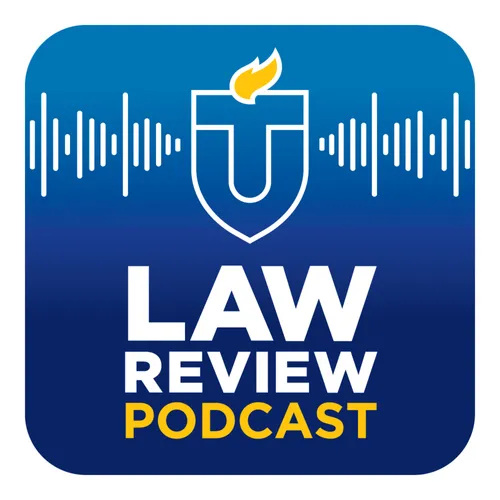The Demise of Chevron Deference: A Discussion with Professor David Franklin
- Author
- Touro Law Review
- Published
- Mon 29 Jul 2024
- Episode Link
- https://podcasters.spotify.com/pod/show/tourolawreview/episodes/The-Demise-of-Chevron-Deference-A-Discussion-with-Professor-David-Franklin-e2mjh61
The Supreme Court continued its project of reshaping administrative law this term. Perhaps its most widely discussed decision in this area was Loper Bright Enterprises v. Raimondo, in which the Court overruled the doctrine of Chevron deference. How did the Chevron doctrine operate? Why, after forty years, did the Supreme Court set it aside? And what will judges do when interpreting regulatory statutes that are either ambiguous or silent on the question pending before the court?
DePaul College of Law Professor David Franklin discusses these questions on this Touro Law Review podcast with Associate Dean Rodger Citron. Franklin
clerked on the United States Court of Appeals for the D.C. Circuit and the Supreme Court, has taught Administrative Law and Constitutional Law for more
than a decade, and recently wrote about the Loper Bright decision for Slate, see This Supreme Court has betrayed Antonin Scalia’s legacy. (slate.com).
